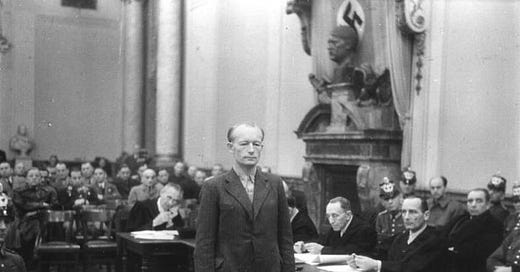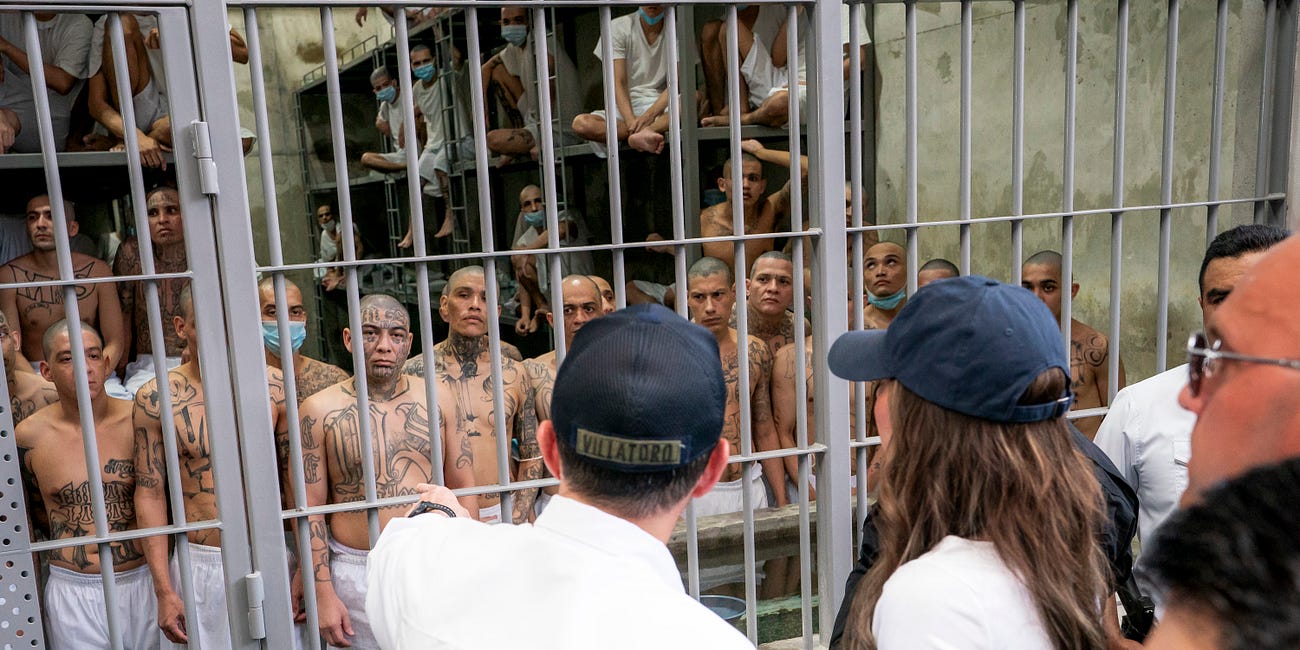ADDENDUM I: Judicial Nondelegation by Injunction – The Seizure of Immigration Policy through Judicial Fiat
Judges Have Degraded US Citizenship
Part 1:
Invasion USA
Issue PresentedThanks for reading Autodidact Obsessions! Subscribe for free to receive new posts and support my work.
---
I. Introduction
This addendum examines how the judiciary, through the strategic use of injunctions and expansive procedural mandates, has usurped the policy-making roles constitutionally assigned to Congress and the Executive. The judiciary now dictates immigration enforcement limits, not by interpreting ambiguous laws, but by prohibiting or delaying executive action altogether—effectively creating a de facto shadow immigration code without electoral accountability.
This doctrinal shift has created a protectionist legal regime for non-citizens that applies more lenient standards than those applicable to U.S. citizens in criminal, civil, or regulatory contexts—further entrenching constitutional inequality.
---
II. Constitutional Framework and Nondelegation Principle
The Constitution vests lawmaking authority in Congress (Article I), enforcement in the Executive (Article II), and adjudication in the Judiciary (Article III). The nondelegation doctrine holds that one branch cannot exercise powers reserved for another, except through lawful delegation.
Key Cases:
Youngstown Sheet & Tube Co. v. Sawyer, 343 U.S. 579 (1952):
> “The President’s power... must stem either from an act of Congress or from the Constitution itself.”
INS v. Chadha, 462 U.S. 919 (1983):
> “The separation of powers doctrine prohibits one branch from usurping another’s core function.”
Yet modern immigration litigation demonstrates a new, inverse dynamic:
The judiciary blocks Executive enforcement (Article II) under the guise of constitutional protections.
The judiciary invalidates or paralyzes Congressional immigration laws through procedural reinterpretation.
The judiciary creates enforcement priorities through precedent, effectively acting as a policy-making body.
This is a form of nondelegation via injunction—a breach of the separation of powers.
---
III. Case Study Examples of Judicial Usurpation
A. 8 U.S.C. § 1182(f) – Executive Authority to Suspend Entry
Grants the President broad discretion to bar entry of any class of aliens when their entry is deemed “detrimental to the interests of the United States.”
Judicial Response: Multiple courts issued injunctions against Presidential Proclamations under this statute (e.g., Hawaii v. Trump, 138 S. Ct. 2392 (2018)), requiring the Executive to justify national security decisions to the judiciary.
B. Expedited Removal and Detention Authority (8 U.S.C. § 1225(b))
Allows for swift removal of inadmissible aliens without full hearings.
Judicial Response: Courts have routinely limited the statute’s scope, mandating hearings in violation of the statute’s plain language (Jennings v. Rodriguez, 138 S. Ct. 830 (2018)).
C. Nationwide Injunctions Halting DHS Enforcement Rules
In recent years, district courts have issued sweeping nationwide injunctions against immigration enforcement rules:
E.g., Deferred Action for Childhood Arrivals (DACA),
Public charge rule,
Asylum restriction rules.
Effect: Judiciary now overrides both Executive discretion and Congressional statutes with preemptive legal bars—not through case-by-case adjudication, but through policy obstruction.
---
IV. De Facto Judicial Immigration Code Supplants Congress
Courts have produced binding immigration outcomes through precedent rather than lawmaking:
| Constitutional Actor | Assigned Role | De Facto Role |
| -------------------- | ----------------------------------------------- | ---------------------------------- |
| Congress | Legislates immigration framework | Preempted by judicial construction |
| Executive | Enforces and interprets federal immigration law | Subordinate to court injunctions |
| Judiciary | Reviews disputes | Dictates enforcement policy |
> INS v. Aguirre-Aguirre, 526 U.S. 415 (1999):
> “Judicial deference... is especially appropriate in the immigration context.”
Yet, this principle of deference has collapsed under the weight of judicial activism.
---
V. Consequences for Citizens: Constitutional Inequity and Structural Erosion
Citizens are subject to federal law as written and enforced.
Non-citizens, by contrast, are protected by judicial interpretations that nullify enforcement.
U.S. citizens cannot block arrest or enforcement through broad injunctions. Illegal entrants, by contrast, can delay enforcement for years through procedural class actions, universal injunctions, and habeas claims. This amounts to privileged access to the law for non-citizens.
---
VI. Conclusion
The modern immigration enforcement system is no longer governed by Congress or the President, but by a network of federal courts using the tool of injunction to control national policy. This violates the nondelegation principle, subverts Article II enforcement authority, and creates a constitutional double standard that punishes citizens and protects those who circumvent the law.
Restoring balance requires:
Ending the practice of nationwide injunctions in immigration cases,
Reasserting deference to Executive discretion under statutes like 8 U.S.C. § 1182(f),
Reestablishing the political branches’ primacy in national security, sovereignty, and enforcement decisions.





